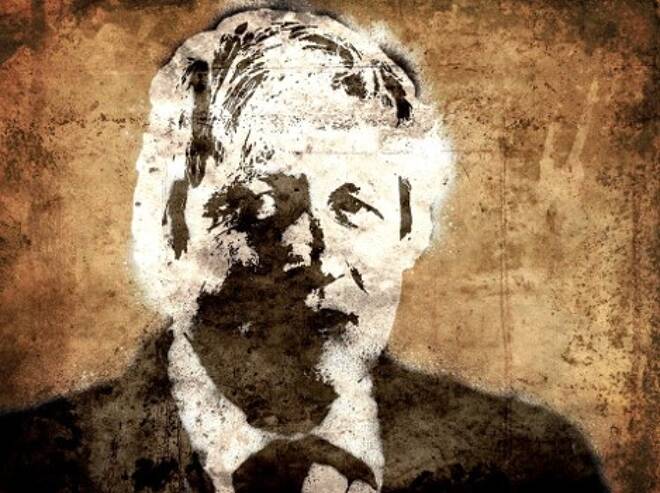Advertisement
Advertisement
Assessing the Impact of Brexit on the Forex Markets
By:
The surprising outcome of the 2016 referendum on the United Kingdom’s membership of the European Union (EU) sent shockwaves through the forex markets, in particular, those markets linked to the British pound sterling (GBP).
The vast majority of those within the financial sector felt that a vote for Brexit was unlikely at best, but the decision of 17.4 million people to vote for the UK to leave the EU caught financial traders on the hop, resulting in a 10% fall in the value of GBP as traders sought to recover their ‘long’ positions based on assumptions of a vote to remain in the EU.
The forex markets have long been a marker for economic and political stability in individual countries. Those wondering what is Forex will be unfamiliar with ‘currency pairs’ that see one national currency valued against another, for example, the GBP/USD pair compares the value of sterling with the US dollar.
The pound fell by 10% against the value of the dollar on the morning after the Brexit vote, levels not seen since the mid-1980s. That decline and volatility was due to the political and economic uncertainty in the UK, with serious question marks looming over the UK’s trade and investment.
Has political clarity helped the pound of late?
How has the pound fared more recently given that there has been some increased certainty over the UK’s Brexit position? The Conservative Party managed to secure a sizeable majority at the recent general election in December, giving them the authority to proceed with the Withdrawal Agreement Bill (WAB) and ensure the UK’s passage out of the EU by 31st January 2020.
The Tories’ largest working majority in the House of Commons in 30 years saw GBP soar to its highest level against the US dollar since May 2018, resulting in a 2.7% increase. The decisive election victory and the subsequent progress with the WAB was received warmly by investors and forex traders desperate for clarity over the UK’s future.
What’s in store for the pound in 2020?
Although there has been short-term optimism surrounding the pound against both the US dollar and the euro since the Brexit progress, there is less confidence regarding the pound long-term, as there is still uncertainty surrounding the UK’s Brexit transition period.
The UK Prime Minister, Boris Johnson is due to meet the new president of the European Commission, Ursula von der Leyen, along with the EU’s primary Brexit negotiator, Michel Barnier, this week to discuss the Brexit Bill. Mr Johnson is reportedly planning on playing hardball with Ms von der Leyen and Mr Barnier by insisting he will not agree to any extension of the UK’s Brexit transition period, which expires at the end of 2020.
With von der Leyen admitting that less than 12 months to negotiate and agree an all-encompassing EU-UK trade deal is “extremely challenging”, the prospects of a so-called no-deal Brexit have since increased despite the WAB going through Parliament.
There’s no doubt that forex markets and traders like certainty, so the remainder of 2020 promises to be another topsy-turvy, volatile period for sterling, as Prime Minister Johnson charts a course for the UK’s future relationship with the EU – and indeed its friends and partners across the Atlantic in America.
About the Author
Kenny Fisherauthor
Kenny is an experienced market analyst, with a focus on fundamental analysis. Kenny has over 15 years of experience across a broad range of markets and assets –forex, indices and commodities.
Advertisement
